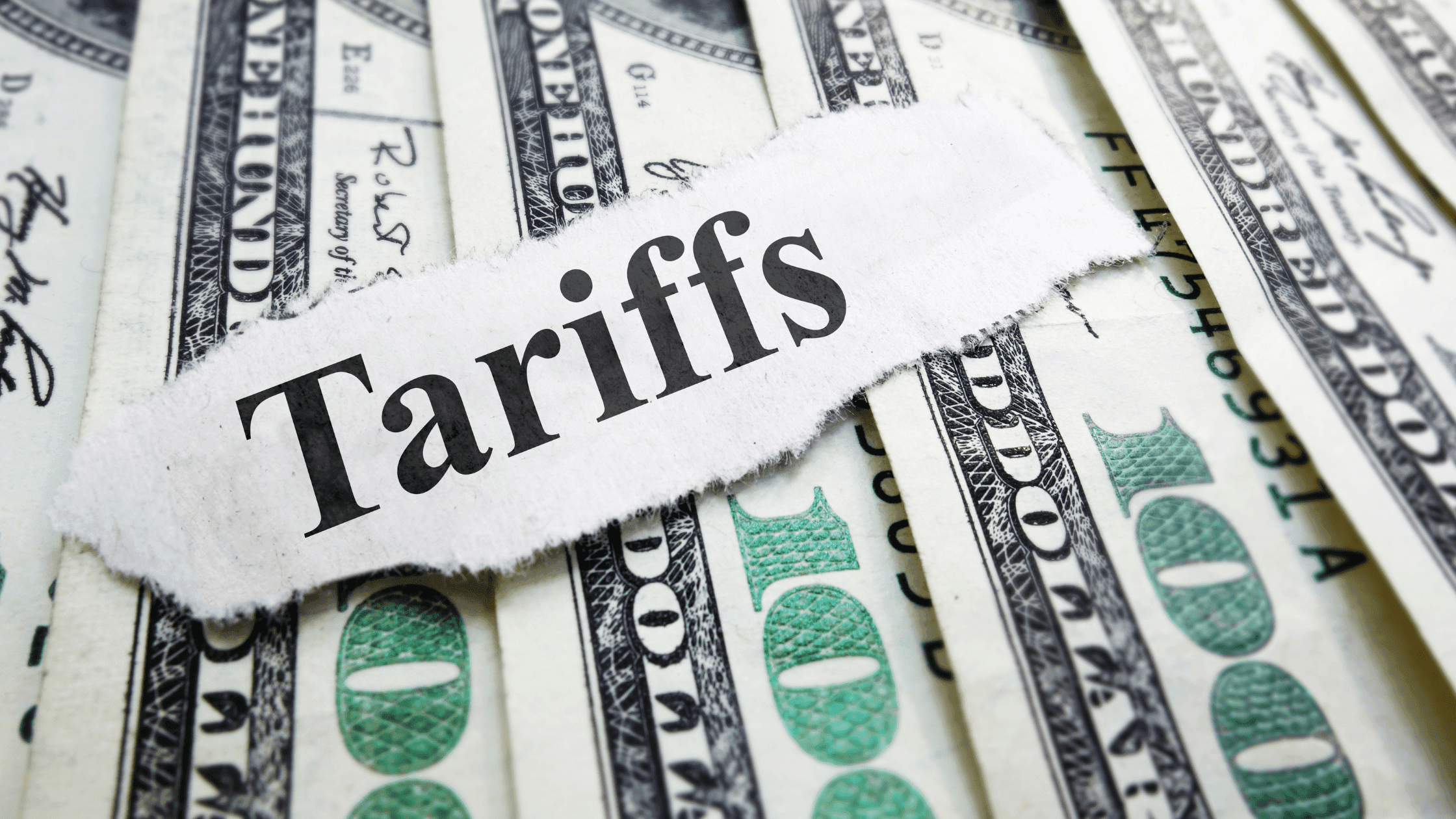Since President Trump’s shake-up of the global trade landscape last week, tariffs have been front and centre of the UK news cycle. But what are tariffs, how do they work, and how could they affect UK businesses?
Initially, the United States imposed tariffs from 5 April. Yesterday, however, the President announced a 90 day pause on the new tariff rates above 10% for many nations. The UK will still face the baseline 10% rate with no pause.
Tariffs on some other nations were not paused. China, for example, was instead hit with an even higher tariff rate of 125%, up from 54%.
In preparation for the new tariffs, we have compiled an easy to follow guide to tariffs for UK businesses. Here we outline what tariffs are and explain how they could affect businesses and consumers alike.
On April 5, President Trump announced new tariff rates, including a baseline 10% tariff for the UK. This is the lowest rate imposed by the President. Less favoured nations received significantly higher tariffs.
In terms of beauty more specifically, it is not yet clear whether beauty products will be subject to the UK baseline tariff, or if they could be subject to alternative tariffs covering products classed as pharmaceuticals.
It is also not clear how goods could be affected by rules of origin and substantial transformation.
The British Beauty Council is working closely with the Department for Business and Trade to establish the exact parameters of the tariffs, and how beauty could be affected.
We are asking our subscribers to share their views on the new tariffs via a short survey. By sharing your response, you can help us to guide policy for the benefit of our industry – and others.
To fill out the British Beauty Council’s tariffs survey, click here.
Now, let’s get into it…
What are tariffs?
In short, tariffs make it so that businesses have to pay tax on the goods that they export to other countries.
It is normal for businesses to have to pay tariffs. The difference with the US tariffs is that they are significantly higher than ‘usual’ tariff rates. That means that it will become extremely expensive for businesses to sell goods in the USA.
President Trump believes that by charging businesses more to trade in the US, more money will go back into the US economy.
How will tariffs affect UK businesses?
UK businesses selling goods in the US may become subject to a 10% tariff. This means that:
- Goods will incur an additional cost of 10% of their price – this must be paid by UK businesses selling goods in the US.
- For example, if a product costs £10, the business selling it will have to pay £1 for that product to US regulators in order to sell it.
What about consumers?
Often, businesses will choose to ‘pass’ the cost of tariffs on to the consumer. In other words, to offset the additional cost, a business might start selling that £10 product for £11 instead.
This means that the United States’ new tariff policy could result in consumers paying a lot more for the goods that they purchase.
At the same time however, some economists have projected that costs could decrease in the wake of the new tariffs, as businesses look to sell in the UK rather than the US. Others maintain that prices will increase.
We are continuing dialogue with the Department for Business and Trade as well as the wider UK Government and will continue to provide updates as they come in.
For more information on US tariffs and to stay up to date with the latest developments, visit the Government’s US export pages.




